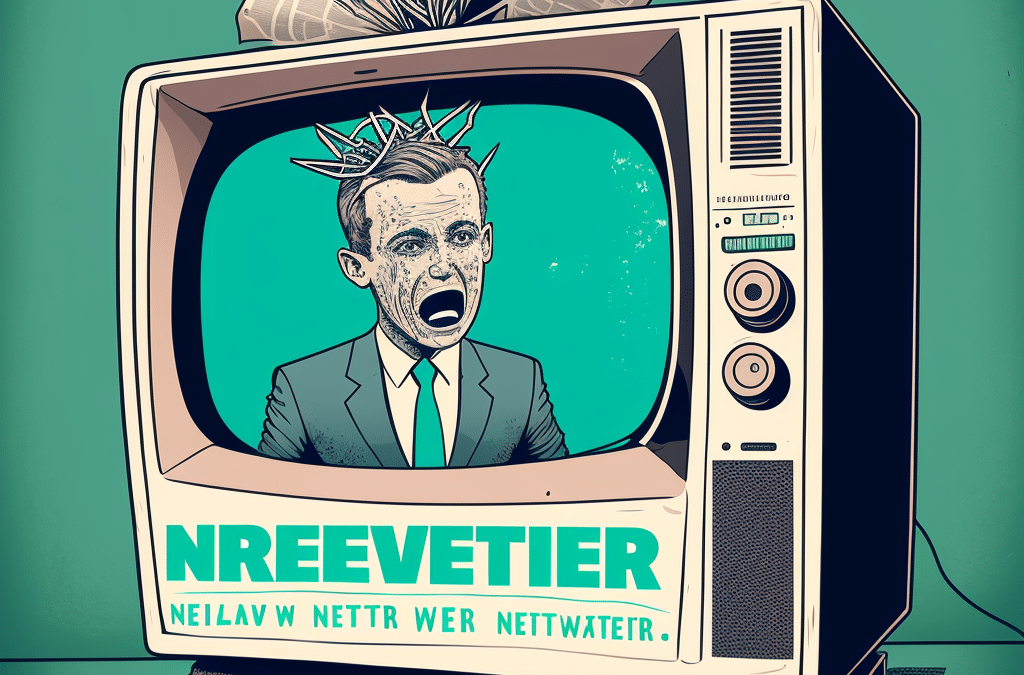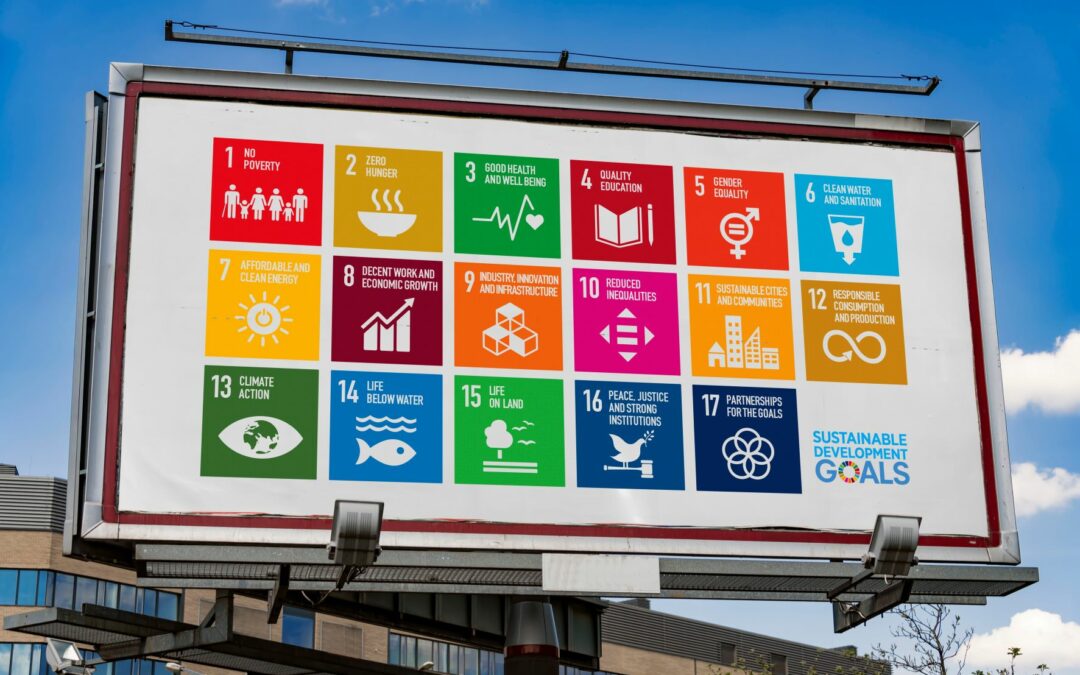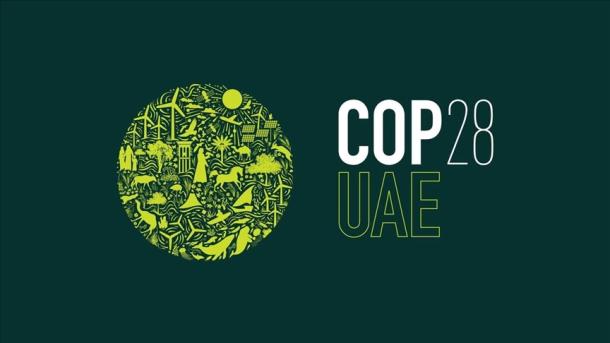Note: This is a preliminary version that will be updated soon.
The 21st century has proved itself as very complicated. As a result, international institutions and national actors struggle to keep up with it globally. The range of threats covers displays of force, such as military power, economic coercion, and ethnic, religious, and ideological conflicts. However, risks such as state stability, infectious diseases, climate change, and non-state actors’ activities became issues in the last years.
Firstly, international security has been a concept observing states’ actions to guarantee mutual survival and safety. But, according to Barry Buzan, it should be framed as a “study of threats, but also a study of which threats can be tolerated and which require immediate action.“ Therefore, to enrich the debate, an increasing number of think tanks focused their attention on these threats, studying conflict within states, political actors, and communities.
Think Tanks and Civil Societies Program Security Think Tanks
For this reason, we took it upon ourselves to sieve through the organizations engaged in this crowded field by taking a look at some of the most important actors according to the 2019 Global Go-To Think Tank Index. The latter made by the UPenn along with The Lauder Institute as a capstone publication of the Think Tanks and Civil Societies Program (TTCSP) Certainly, biases may influence Its ranking, but this were reduced through a practice-proved methodology in constant revision. The selection followed: a three-round process with an open call for nominations, peer & expert rankings, and an ensuing expert panel selection among the finalists’ list. Nevertheless, even when its database contains 8,248 think tanks, only a few were selected as the most significant due to their research and policy work. These are the ten leading think tanks in alphabetical order:
Atlantic Council (United States)
A think tank in the field of international affairs, managing ten regional centers and functional programs related to international security and global economic prosperity.
Belfer Center for Science and International Affairs (United States)
A research center assessing demanding threats to US national interests and international security in the quarter-century ahead. Importantly, the International Security Program has recognized the threat of terror, analyzed its causes, and recommended what the US should do to prevent and fight it.
Brookings Institution (United States)
An international think tank conducting high-quality research and providing innovative, practical recommendations. Above all, brings together more than 300 leading experts in government and academia from all over the world.
Carnegie Endowment for International Peace (United States)
A network of policy research centers in Russia, China, Europe, the Middle East, India, and the United States. Seeks to advance peace through analysis of policy ideas and collaboration with decision-makers in government, business, and civil society.
Center for a New American Security (CNAS) (United States)
A bipartisan, nonprofit organization developing national security and defense policies. Engages with “fact-based research, ideas, and analysis to shape and elevate the national security debate.”
European Union Institute for Security Studies (EUISS) (France)
An “agency dealing with the analysis of foreign, security and defense policy issues.” Aims to “support the elaboration and projection of its foreign policy, and enrich the strategic debate inside and outside Europe.”
International Institute for Strategic Studies (IISS) (United Kingdom)
A non-partisan institute advancing a broader understanding of critical security issues. Provides information and analysis, advances understanding, enlarges networks, and influences the adoption of sound policies on security globally.
National Institute for Defense Studies (NIDS) (Japan)
Conducts research with policy orientation as a strategic college-level educational institution for training high-level officers of the Japanese Self-Defense Forces. Thus, it “engages in such activities as the administration of military and naval documents, records and publications”.
RAND Corporation (United States)
A nonprofit institution improving policy and decision-making through research and analysis. For example, some of its research areas are nuclear policy, strategic studies, deterrence, and military capabilities.
Royal United Services Institute (RUSI) (United Kingdom)
A think tank offering “exclusive access to the UK’s premier forum on defense and security”. Provides “authoritative analysis, insight, and networks.” So, Its expertise “has been utilized by governments, parliament and other key stakeholders.”
Civil Society towards influencing the Security Agenda
Security threats exist no matter the sector of society you belong to. That is to say, the concern about the world’s unpredictability is no longer statecraft but a public agenda issue. Think tanks are public-policy organizations building bridges between the academic and policymaking communities through policy-oriented research, advocacy, and grassroots actions. In other words, they reduce the distance between states and civil society by democratizing specialized knowledge into an understandable, and accessible language for all. Hence, security is currently an affair to deal with as responsible and informed citizens due to the broader political debate offered by Thinks Tanks.




This is a practice that is not only helpful to search engine indexers; your readers will appreciate it, too. Bennie Mowris
This was beautiful Mark. Thank you for your reflections. Bernardo Milano